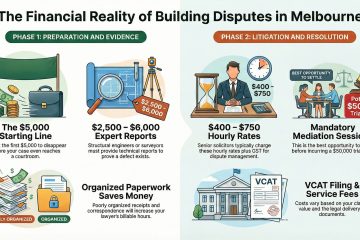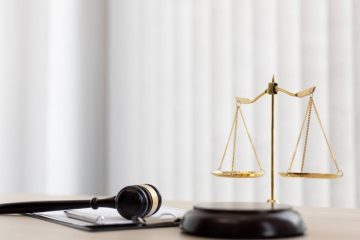Barr honed his legal chops after clerking for Judge Malcolm Wilkey at the U.S. Court of Appeals for the District of Columbia Circuit and working at Shaw Pittman Potts and Trowbridge law firm; after leaving that role he joined President Ronald Reagan’s White House domestic policy staff during his first term before eventually returning to private practice and becoming partner at his firm.
What is Attorney General Barr’s role?
William Barr is one of only two U.S. Attorney Generals to have held dual tenure, serving both George H.W. Bush and Donald Trump administrations as Attorney General. Throughout these tenures, he played an essential role in law enforcement matters and legal defense, leading reform efforts across financial institutions, civil rights, and antitrust mergers.
Barr grew up in New York City and earned bachelor’s and master’s degrees in government and Chinese studies from Columbia University, working his way through law school while clerking for Judge Malcolm Wilkey of the U.S. Court of Appeals for the District of Columbia Circuit before working on White House domestic policy staff in 1982 before returning to private practice as counsel at Kirkland & Ellis until 2009.
Barr used his position of attorney general to shield President Donald Trump’s allies from congressional oversight and federal prosecution, including overturning an Obama-era decision to prosecute Lincoln Savings and Loan head Charles Keating and withdrawing Justice Department recommendations against former Trump adviser Roger Stone for lying to investigators.
What is Attorney General Barr doing?
Barr and Ted Ullyot of Torridon Consulting Services recently established a law and consulting firm together. One of its clients includes George Mason University which the firm is representing during an investigation by the Department of Education into violations to Title VI of the Civil Rights Act of 1964.
Barr is in charge of the company and plans on representing corporate clients facing litigation and regulatory investigations, providing advice as to which litigators to hire. He told CNBC he plans on offering his expertise when selecting litigators.
As Attorney General, William Barr was an advocate of the unitary executive theory which allows for virtually unfettered presidential authority. As Head of Legal Counsel he justified U.S. invasion of Panama to arrest Manuel Noriega; also authoring report advocating tougher criminal justice policies including increased federal incarceration rates. Furthermore he served GTE and Verizon corporate law departments before serving a year on Ronald Reagan White House staff to advise on legal policy matters.
What is Attorney General Barr’s plan?
Barr was one of only two people who served twice as attorney general, establishing new enforcement policies across a spectrum of areas such as financial institutions, civil rights issues and antitrust merger guidelines. He helped settle both the Savings & Loan Crisis and 1992 LA Riots with his presence.
His most controversial decision was issuing a memo that asserted an administration could deny asylum to applicants with credible fears of persecution or harm, dismantling Justice Department policy that provided bond hearings for detained immigrants, and disbanding an immigration detention program that offered bond hearings for detainees.
Barr, in his private life, has provided legal representation for GTE and Verizon Communications since 2009. From 2009 until 2018, he also sat on the Time Warner board – leading some to accuse him of using his office to advance business interests despite denials by him and others.
What is Attorney General Barr’s strategy?
Barr was an advocate of the unitary executive theory, which gives presidents virtually unrestrained power. As part of his support for President George W. Bush and his invasion of Panama to capture Manuel Noriega. Additionally, as attorney general he led an effective crackdown on savings and loans fraud that culminated with the prosecution of Lincoln Savings and Loan chief Charles Keating.
He advocated for changes to criminal law, such as mandatory minimum sentences and more flexibility to deviate from them. As a result, these reforms resulted in the FIRST STEP Act which reduced some mandatory minimums while offering greater sentence reductions for good behavior.
Since leaving office, Barr has returned to private practice as “of counsel” at Kirkland & Ellis and works on high-profile litigation and regulatory cases for clients. He also advises the American Free Enterprise Chamber of Commerce on best practices for litigators. Furthermore, he remains active within civic engagement organizations that advocate liberty and capitalism principles.


